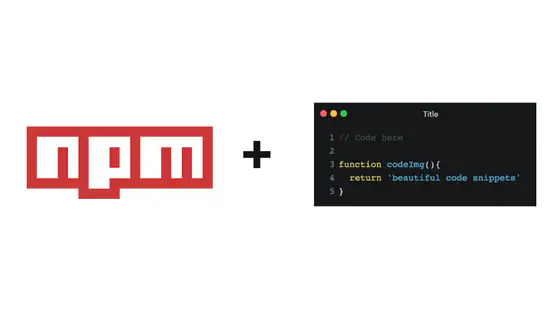Biography
Brittany Reid is an assistant professor at the NAIST Software Design and Analysis Lab whose work focuses on code reuse, software ecosystems and AI4SE.
Interests
- Software Ecosystems
- Code Reuse
- AI4SE
Education
PhD, Computer Science, 2023
The University of Adelaide, Australia
Honours Degree of Bachelor of Computer Science, 2019
The University of Adelaide, Australia
Bachelor of Computer Science, 2018
The University of Adelaide, Australia
Experience
Assistant Professor ・ 助教
Software Design Lab
Post-doctoral Researcher ・ 博士研究員
Software Engineering Lab
Datasets

NPM Registry Dataset 2025 (GitHub Only)
Data dump of the NPM Registry mined as of the 20th of February, 2025. Contains 1.9m package entries, filtered for the existance of a …

NPM Code Snippets Dataset 2021 (NCQ Dataset)
Data dump of the NPM Registry mined as of the 20th of February, 2025. Contains 1.9m package entries, filtered for the existance of a …
Recent Publications
Quickly discover relevant content by filtering publications.
(2025).
Using LLMs for Security Advisory Investigations: How Far are We?.
2025 International Conference on Smart Computing, IoT and Machine Learning (SIML).
(2025).
On Categorizing Open Source Software Security Vulnerability Reporting Mechanisms on GitHub.
IEEE International Conference on Software Analysis, Evolution and Reengineering (SANER).
(2025).
A Preliminary Study on Self-contained Libraries in the NPM Ecosystem.
Software Engineering and Management: Theory and Applications: Volume 17.
(2025).
Agent READMEs: An Empirical Study of Context Files for Agentic Coding.
arXiv preprint arXiv:2511.12884.
(2025).
An Empirical Study of Security-Policy Related Issues in Open Source Projects.
International Conference on Product-Focused Software Process Improvement.
(2025).
Detecting and Characterizing Low and No Functionality Packages in the NPM Ecosystem.
International Conference on Product-Focused Software Process Improvement.
(2025).
On the Use of Agentic Coding Manifests: An Empirical Study of Claude Code.
International Conference on Product-Focused Software Process Improvement.
(2025).
On the Use of Agentic Coding: An Empirical Study of Pull Requests on GitHub.
arXiv preprint arXiv:2509.14745.
(2025).
Uncovering Intention Through LLM-Driven Code Snippet Description Generation.
2025 International Conference on Smart Computing, IoT and Machine Learning (SIML).
(2023).
NCQ: code reuse support for Node. js developers.
IEEE Transactions on Software Engineering.
(2023).
Using the TypeScript compiler to fix erroneous Node. js snippets.
2023 IEEE 23rd International Working Conference on Source Code Analysis and Manipulation (SCAM).
(2022).
Software engineering user study recruitment on prolific: An experience report.
International Workshop on Recruiting Participants for Empirical Software Engineering (RoPES).
(2021).
What makes a good Node. js package? Investigating Users, Contributors, and Runnability.
arXiv preprint arXiv:2106.12239.
(2020).
Optimising the Fit of Stack Overflow Code Snippets into Existing Code.
Proceedings of the 2020 Genetic and Evolutionary Computation Conference Companion (GECCO).
Awards and Funding
SIML 2025 Student Best Paper Award
Bayu Fedra Abdullah, Yusuf Sulistyo Nugroho, Brittany Reid, Raula Gaikovina Kula, Kazumasa Shimari, Kenichi Matsumoto
For the paper "Using LLMs for Security Advisory Investigations: How Far Are We?" at the International Conference on Smart Computing, IoT, and Machine Learning (SIML) 2025
Bayu Fedra Abdullah, Yusuf Sulistyo Nugroho, Brittany Reid, Raula Gaikovina Kula, Kazumasa Shimari, Kenichi Matsumoto
For the paper "Using LLMs for Security Advisory Investigations: How Far Are We?" at the International Conference on Smart Computing, IoT, and Machine Learning (SIML) 2025
Nara Institute of Science and Technology, Senju Monju Project 2024
The NAIST Senju Monju Project provides broad support to young researchers at NAIST to initiate new research based on their own ideas.
Details
The NAIST Senju Monju Project provides broad support to young researchers at NAIST to initiate new research based on their own ideas.
Details
News
Contact
- brittany.reid@naist.ac.jp
- 0743-72-5318
- 8916-5 Takayamacho, Ikoma, Nara 630-0192
- Monday to Friday 10:00 to 17:00
- Download CV

